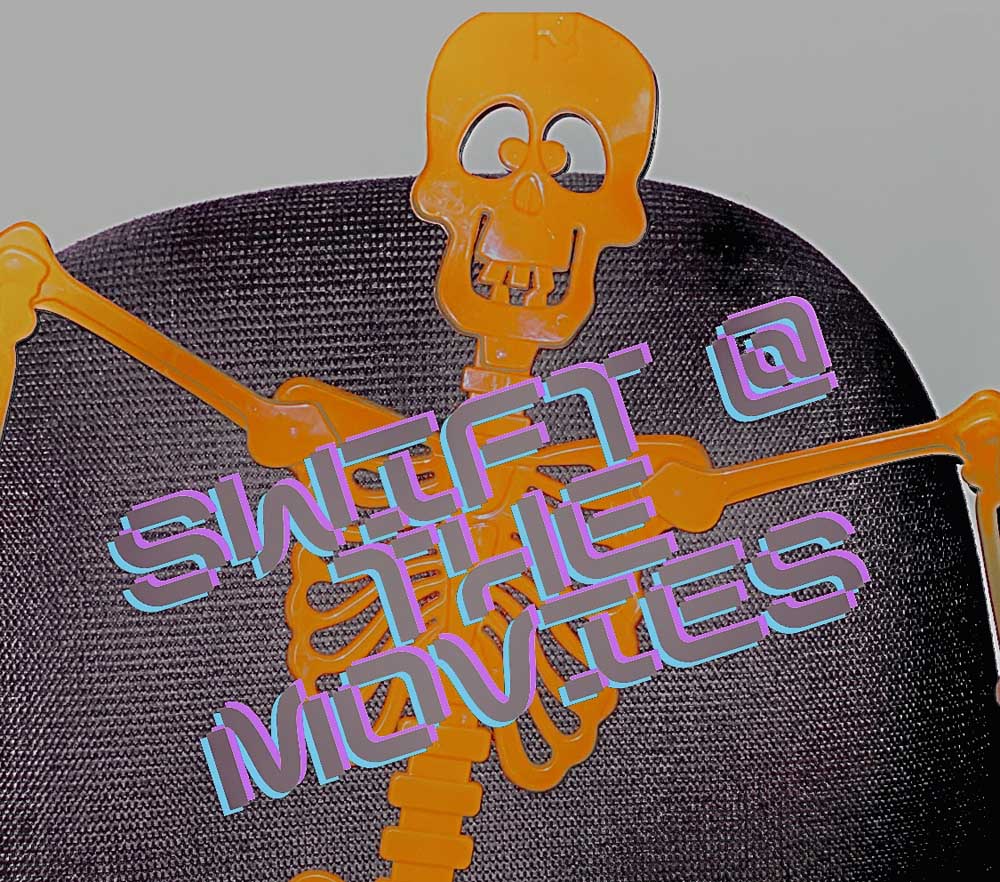Swift @ The Movies: A bleak ‘Interest’
Published 12:00 pm Friday, March 8, 2024

- IMG_9218
Lemme’ tell ya’ this upfront: Our movie of the week is depressing with a capital D and a couple of extra p’s, for good measure.
It took “The Zone of Interest” a while to make it stateside, being a high-concept foreign film and all. Technically, it’s a trilingual movie, since some of the dialogue is in Yiddish, too. But most of it is in German and Polish.
Trending
Now, considering the words “German” and “Polish” are in the paragraph above, I guess it doesn’t take a rocket scientist to figure out what “Interest” is about. Needless to say, this is the kind of movie that’ll put you in a glum mood in no time at all. Which makes it more important to see it, especially when so many other offerings at the multiplex are rooted in formulaic juvenile power fantasies (pick a Marvel or Disney movie, ANY Marvel or Disney movie).
“Interest,” to make a long story short, is about the Holocaust. But the Holocaust isn’t front and center here — it’s LITERALLY in the background for the duration of the movie, and the main characters of the film never notice it.
I’m gonna’ need some help from our local literature teachers on this one: Is that more of a metaphor, simile or allusion?
Regardless, the message behind “Interest” is glaringly apparent: In pursuit of our personal fulfillment, as human beings we have a tendency to overlook or outright dismiss the suffering, persecution and actual genocide of others. Admittedly, “Interest” can be rather blunt with its moralizing, but the point gets made — and it’s definitely a poignant one that needs to be acknowledged in such contentious, politicized times as the one we’re all living in right now.
As for the plot, it’s more or less based on the true story of Nazi commandant Rudolf Hess (played in the movie by Christian Friedel), who decided to build his dream home right next to the Auschwitz concentration camp. Hannah Arendt was famous for coining the term “banality of evil.” Well, you probably won’t find a movie that depicts it better than “Interest.” There are scenes where Hess and his kids sit around on the floor playing with toy trains (I’m pretty sure that’s another metaphor) while you can hear Nazi soldiers ordering prisoners to be drowned in the river just outside their front door for arguing over an apple. There’s an even more chilling scene later on, when Hess and all his in-laws are having a cookout in the backyard and trying to get a tan while smoke billows out of the chimneys of the camp.
You don’t need me to tell you what was in the furnaces.
Trending
“Interest” is a movie where the message is clearly more important than the narrative. Hess and his brood never really have any moments of self-reflection, and arguably the most effective (and blood-curdling) scene in the movie is a part where a character goes to a big ballroom gala for goose-stepping Nazi scum and all he can think about is the mathematical formula for gassing everybody inside the palace.
I can’t recall the last time I saw a movie that portrayed the inhumanity of man this well. Alas, “Interest” isn’t without some structural problems. It’s a bit of a light avant-garde movie, so the director has a penchant for pretentious stuff like making the screen go photonegative for a bit. There’s also an over-reliance on audio-only presentation. Indeed, the first few minutes of the movie are a blank screen that drags on for so long, at first, I thought the film projector broke. Some of the other attempts to draw parallels to modern times — including a scene where we watch cleaning ladies spray Windex on the glass panels of a Holocaust museum — simply don’t work at all.
But by and large, “Interest” is a great movie. It’s up for a couple of Oscars and it’s finally starting to make the arthouse theater rounds in metro Atlanta. You might have to drive a couple hundred miles to screen it, but it’ll certainly do more for you than absolute garbage like “Madame Web” or “I.S.S.”
“Interest” is worthy of a solid THREE PIECES OF POPCORN OUT OF FOUR rating in my book. It’s disturbing and distressing — but it’s equally profound and poetic.





